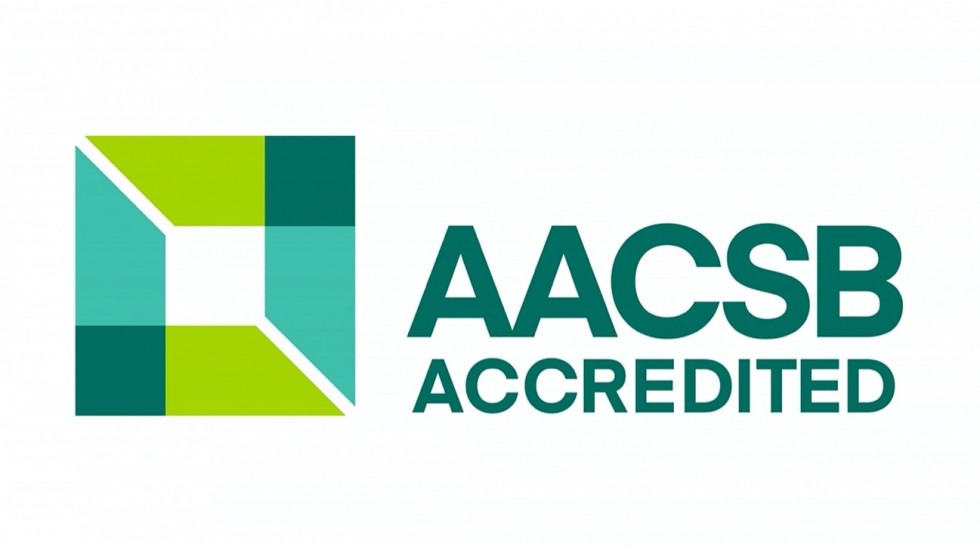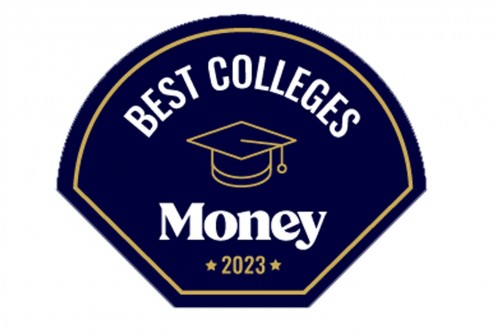Experiential Marketing Graduate Certificate
The Experiential Marketing Graduate Certificate Program ensures marketers gain the in-demand skills to understand customers and enhance the customer experience.
Finish in 9 to 12 months.
Application Deadlines
- Spring Semester: January 1
- Summer Semester: May 1
- Fall Semester: August 1
15-Credit Graduate Certificate in Experiential Marketing
The Experiential Marketing Graduate Certificate Program provides a strong foundation in understanding customers and meeting their needs through a variety of online and offline marketing initiatives. Students will gain strategies for ensuring a memorable and positive customer experience (CX) as they engage with an organization’s websites, social platforms, events and materials, among other touchpoints.
Through this certificate, students will:
- Gain a deep understanding of the target customer as they develop marketing initiatives, events and interactions
- Understand how to use tools like graphic design, social media and events to strengthen the customer experience
- Recognize the role of data and its contribution to visualization and storytelling in enhancing the customer experience
This program includes on campus, online and hybrid courses, and its flexible schedule is designed to meet the needs of working professionals.
Become a Skilled Experiential Marketer
The 15-credit Experiential Marketing Graduate Certificate includes five courses to ensure marketers gain a strong foundation in understanding customers and ensuring a positive experience through each touchpoint in the customer journey.
A hands-on course emphasizing the importance of data visualization in understanding data. Designed for those who have never used data visualization software before, this course will utilize Microsoft Power BI to prepare student to create reports and dashboards at all levels of an organization. Students will learn exploratory and explanatory data analysis and learn how to ask the right questions about what is needed in a visualization. Students will assess how data and design work together and learn which visualization to use in various situations. Students will learn how to balance the goals of their stakeholders with the needs of their end-users and be able to structure and organize a digital story for maximum impact.
Students will identify current and emerging career opportunities in the field of event management. They will learn relevant strategic, organizational communication theory as it relates to event planning and will gain significant practice in planning, designing and critiquing events through hands-on experience. Students will analyze ways in which organizations communicate their image and message through events and promotions, while considering key issues facing the event industry in today’s global society.
Students will be introduced to the contributions and potential of a graphic designer as part of a marketing team. The workflow, the technological tools utilized, useful terminology and project pacing will be covered. Students will be exposed to the visual problem-solving angle within marketing. In addition, basic design principles and the ability to identify effective design modules will be introduced.
The buyer behavior course examines the consumer decision process and the effect on consumer decision-making of external environmental influences (culture, subculture, social class, reference groups, family, and personal influences) and of internal psychological influences (personality and lifestyle, learning, motives, perception, and beliefs and attitudes). Applications of psychological, sociological, anthropological, and economic theories and models to the understanding of buyer behavior and the development of a marketing strategy.
This social media marketing course is designed to help the students understand how marketing has changed due to the rise of social media and changes in various underlying contextual factors such as dramatically increased speed of information dissemination across consumers and brands. The emphasis of this course is on understanding consumers’ social interactions, examining the various social media channels available to marketers, learning how to build social marketing strategies, and practicing how to track their effectiveness.
The Experiential Marketing Advantage
Experiential marketing extends beyond the traditional promotion of products and services, and experiential marketing engages customers through sensory experiences that allow customers to interact with a brand in a new way. Marketers are incorporating these strategies to ensure more meaningful and memorable customer experiences and stand out from the competition.
According to Salary.com, the average salary for an experiential marketing manager in Massachusetts is up to $97,871.
According to research by EventTrack, 91% of consumers say they are more inclined to purchase a brand’s product or service after participating in a brand experience, and 40% felt they become more loyal to the brand.
The Meehan School of Business
The Meehan School of Business empowers students to be adaptive, compassionate leaders in a rapidly evolving global economy. Inside this modern, state-of-the-art business building, marketing students take courses, collaborate and build strong relationships with other working professionals.
Recent Accolades
Organizations involved in assessing U.S. colleges and universities continually cite Stonehill as being among the best in the nation when it comes to value, outcomes and a commitment to making the world a better place. See full list of accolades.
-
WSJ “Value Added” Formula Rockets Stonehill Higher in Rankings
Stonehill moved up 62 places in this year’s WSJ “America's Best Colleges 2024” rankings, putting it in the top 12 among Massachusetts schools and top 6 percent nationally.
-
Princeton Review Ranks Stonehill in Top 20 in U.S. for Quality of Life
After considering input for 165,000 at colleges and universities across the country, The Princeton Review recently ranked Stonehill College 19th out of 389 schools for quality of life.
-
Money Magazine Ranks Stonehill Among Most Elite Colleges in U.S.
Less than 20% of the 700 schools on Money’s 2023 Best College list, including Stonehill, received 4.5 stars or higher in the magazine’s 5-star rating system.
Contact Information
Graduate & Professional Studies Admission assists students as they explore graduate and professional opportunities offered at Stonehill College.




